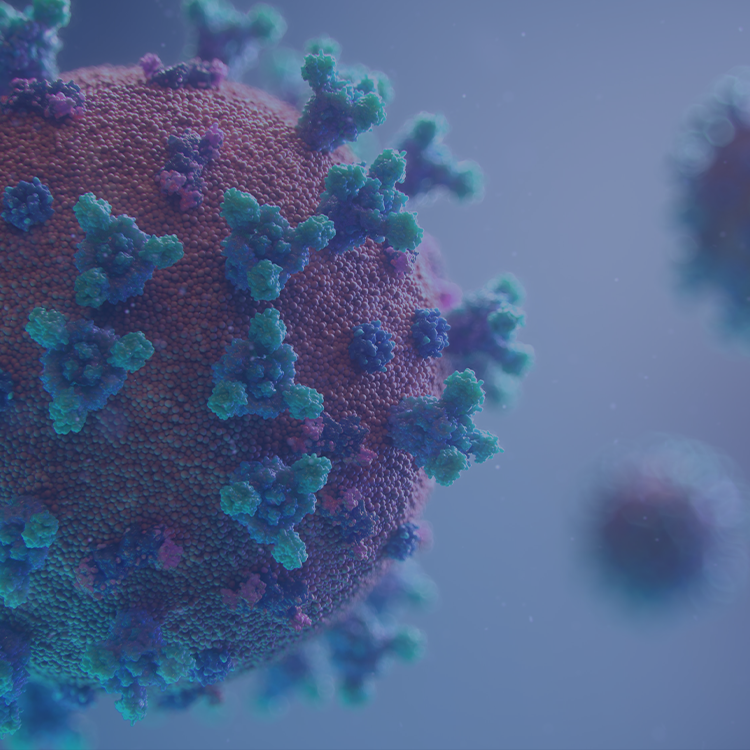Genomeditech holds full global commercial usage rights for the HEK293, Jurkat E6.1, and CHO-K1 cell lines, and provides detailed traceability documentation to ensure regulatory clarity. These resources support our partners in conducting fully compliant research throughout the preclinical and IND/BLA development stages, mitigating legal risks and facilitating a more efficient path to commercialization.

Fully Licensed. Globally Compliant.
We have obtained formal commercial use licenses for the following cell lines:
l HEK293
l Jurkat E6.1
l CHO-K1
These licenses grant the right to:
l Modify, develop, and use the cell lines in-house
l Manufacture and sell products derived from the cell lines
l Assistance with sublicensing for affiliates and partners
Global Compliance for Commercial-Stage Innovation
l Suitable for regulatory submission in major markets (US, EU, etc.)
l Comes with formal licensing documentation
l Ready-to-ship inventory with global logistics support
l Backed by technical support and custom development services
Application Scenarios
Our licensed cell lines are widely used in:
l Biologics development
l Cell and gene therapy research
l Drug screening and assay development
l IVD raw material production












